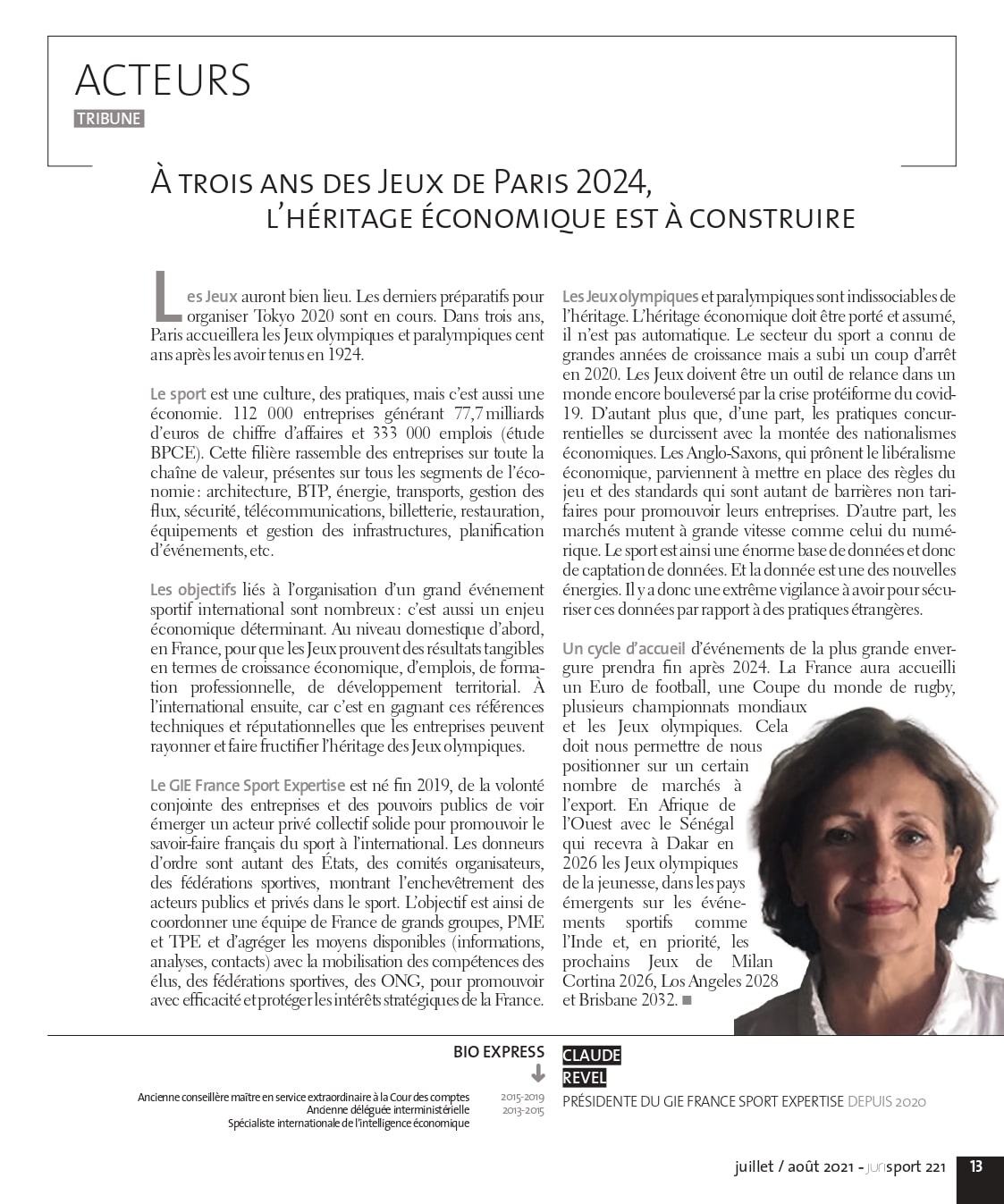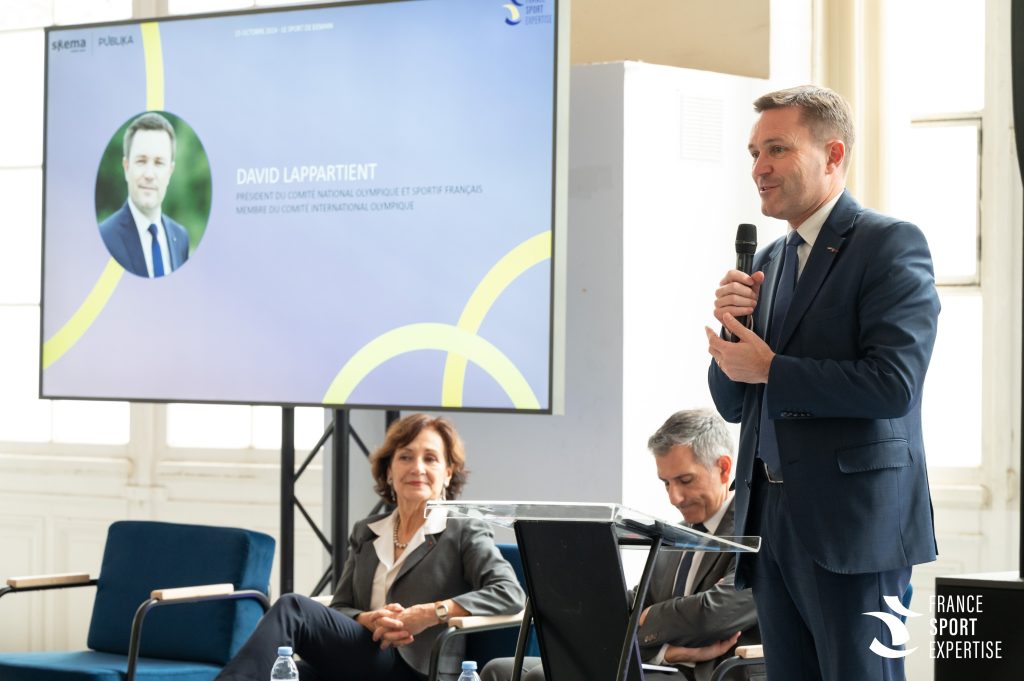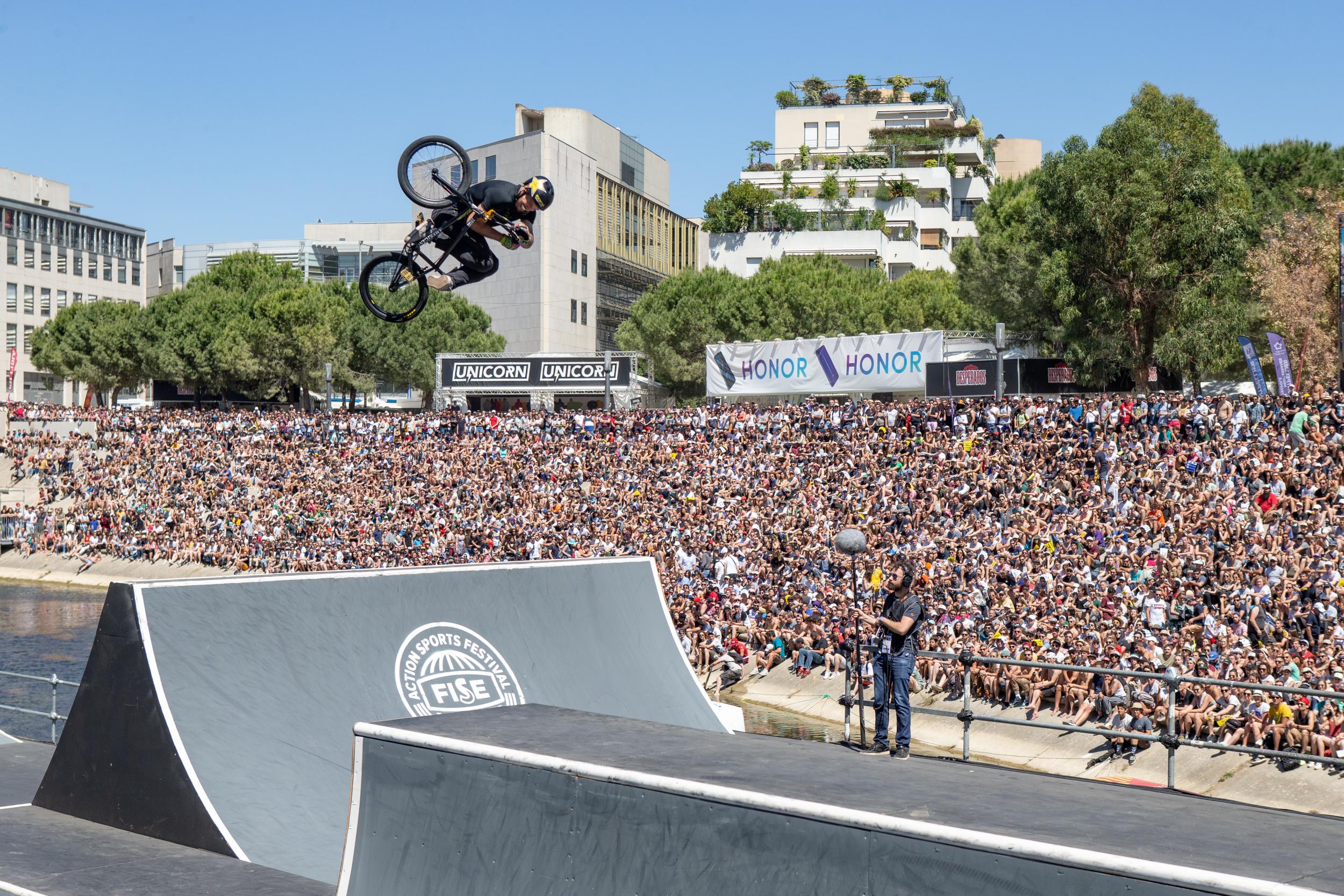
In an interview with JuriSport, the journal of CDES Limoges, Claude Revel discussed the importance of the socio-economic legacy of major international sports events such as Paris 2024 in the context of intense international competition.
Holding an event on the scale of the Olympics is an incredible opportunity to showcase France’s technological expertise, with such events relying on skills from a wide range of industries. Together, theses industries represent the various steps in the value chain for the delivery of large-scale events and cover a wide spectrum of the sports economy. Holding sports events also has a positive and tangible impact on host regions.
In the run-up to events, it leads to redevelopment of sports infrastructure, tourism zones and transport networks, while simultaneously boosting employment and training.
The events themselves then attract international visitors and intense media coverage promoting the host city.
Later, the prestige and rarity of these events acts as a catalyst for urban development projects observed many years later, with businesses originally involved now able to act as experts in the matter.
Sport is not just a culture and a practice, it is also an economy. 112,000 businesses generating 77.7 billion euros in revenue and 33,000 jobs (GROUPE BPCE study). The legacy of a sports event is not automatic. It has to be built, based on regulated and closely controlled public procurement initiatives, particularly following the ever-changing crisis triggered by Covid-19.
Hosting a sports event of this scale remains a highly coveted goal for international players. For that reason, it should enable us to move into a number of export markets. These include West Africa, where Senegal will host the 2026 Dakar Youth Olympic Games, emerging countries such as India, and, most importantly, the upcoming 2026 Milan Cortina Winter Games, Los Angeles 2028 and Brisbane 2032.






